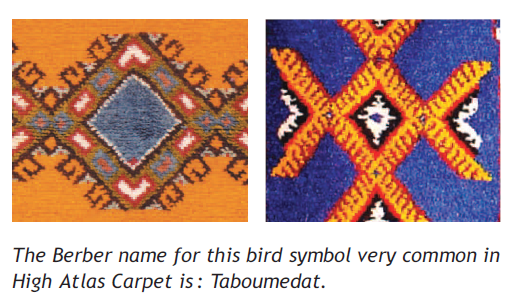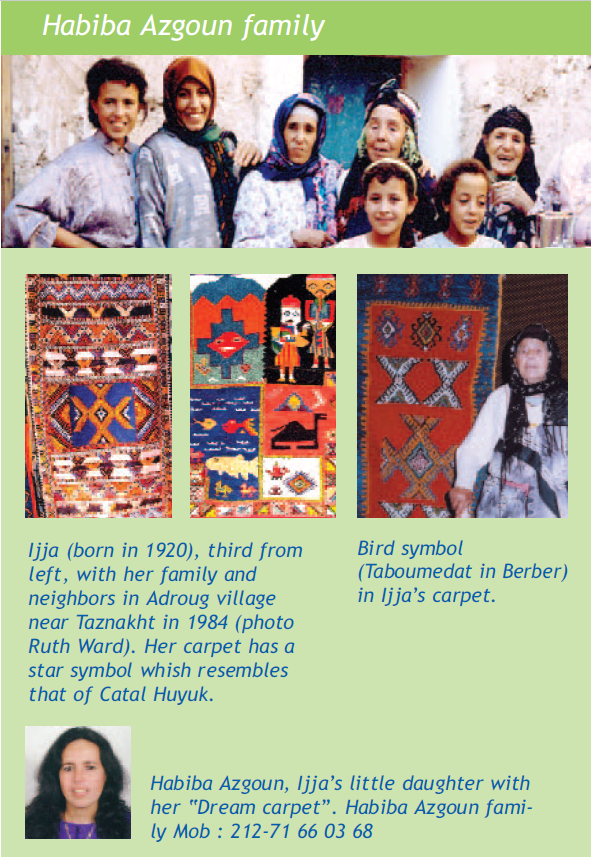Fatema’s Gallery

(c) Ruth Viktoria Ward
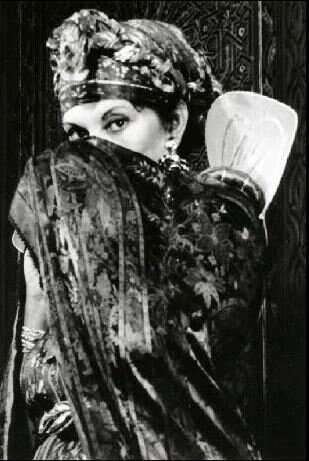
(c) Ruth Viktoria Ward

(c) Ruth Viktoria Ward

(c) Ruth Viktoria Ward

(c) Ruth Viktoria Ward

(c) Ruth Viktoria Ward

(c) Ruth Viktoria Ward

(c) Ruth Viktoria Ward




(c) Viktoria Ruth Ward
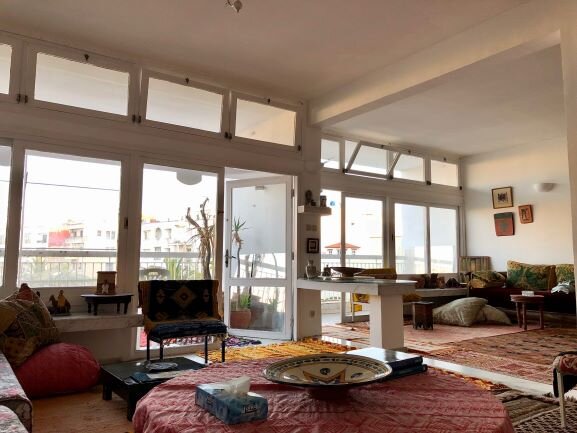
Fatema's living room

Fatema's study
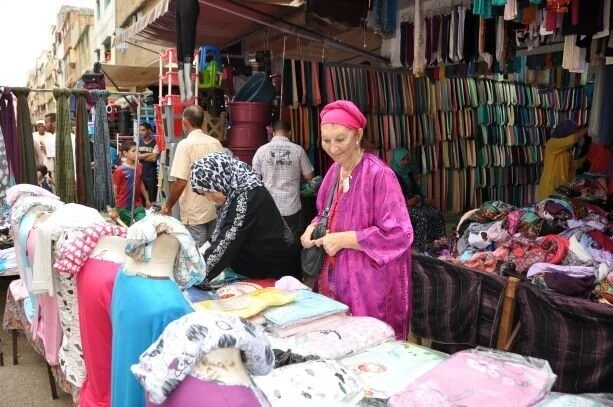
Fatema in Rabat souk

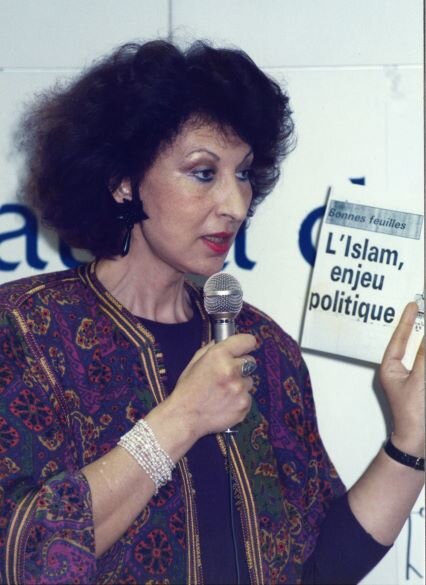
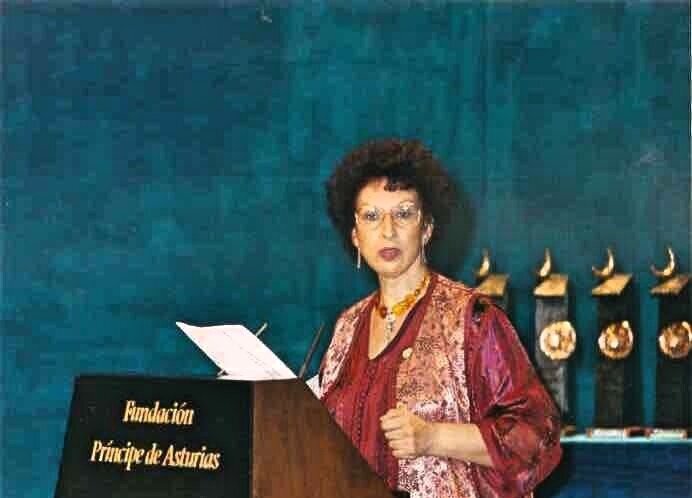
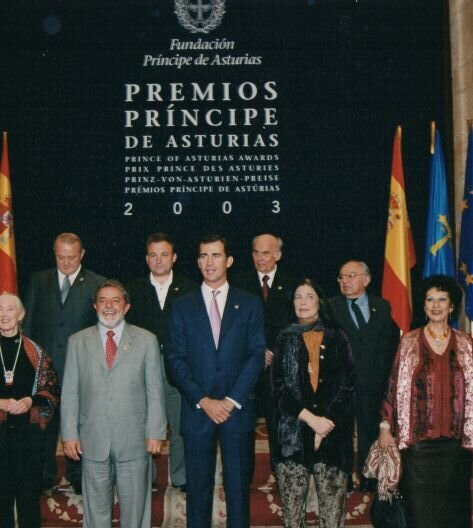
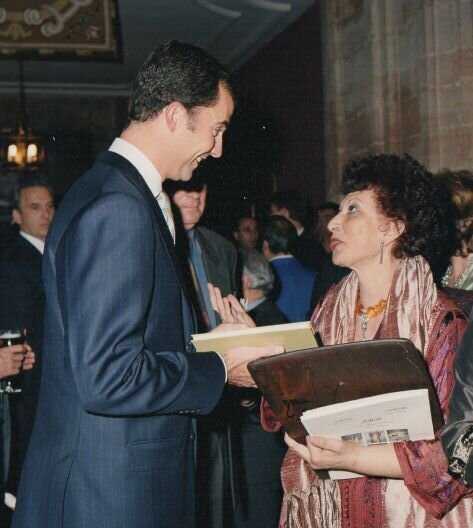
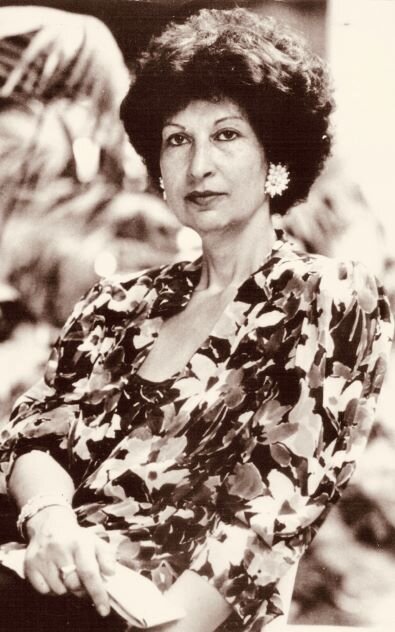



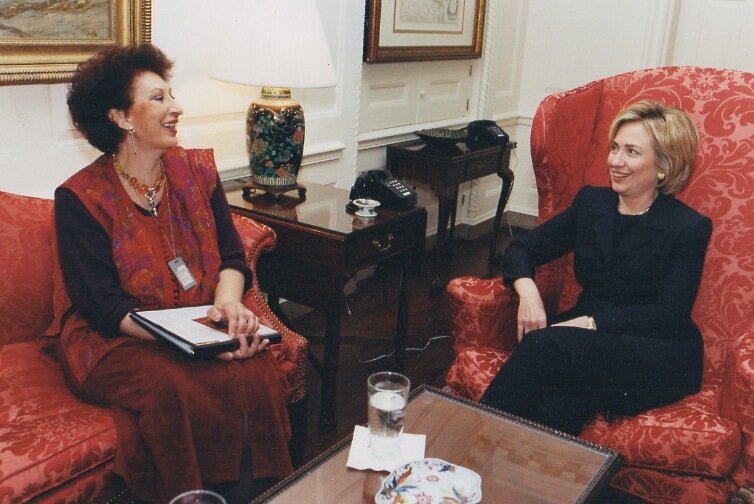
With Hillary Clinton

With Roberta Mazzanti, Giunti (c) Viktoria Ruth Ward
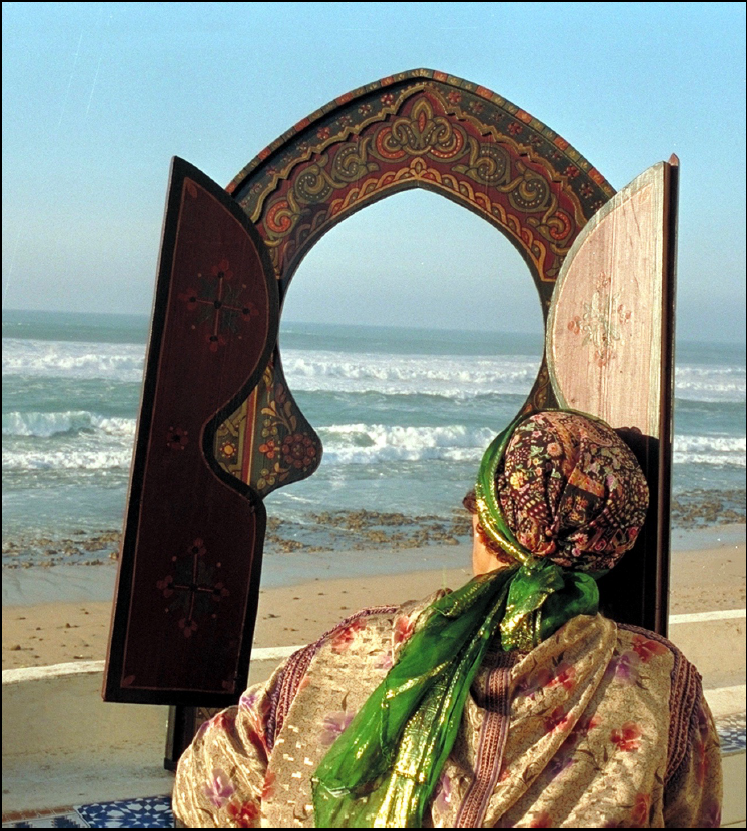
(c) Viktoria Ruth Ward

(c) Viktoria Ruth Ward
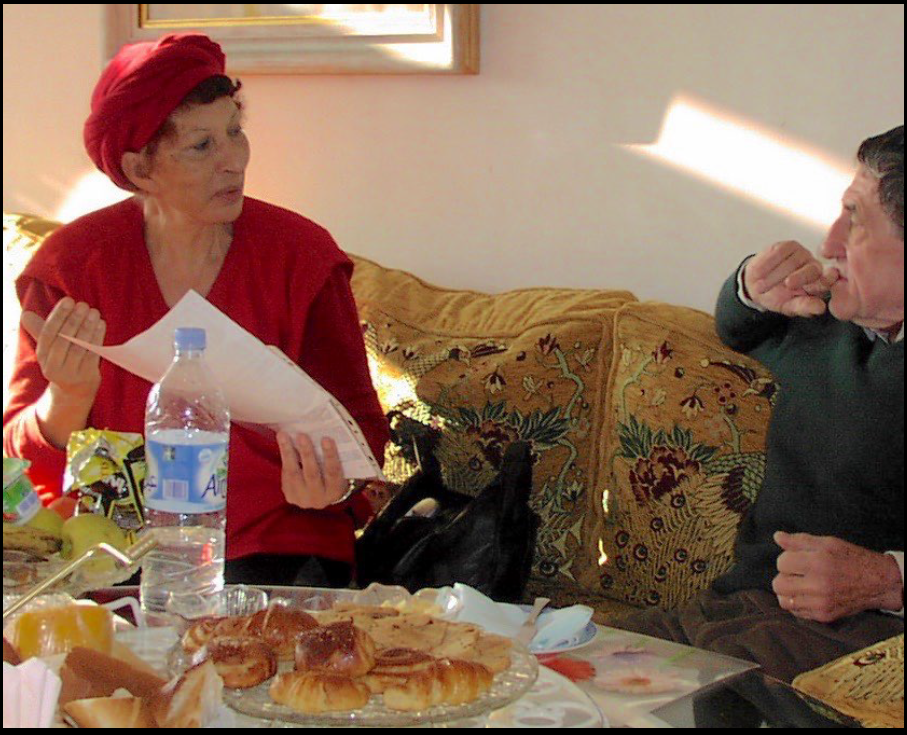
Photo © Ruth Viktoria Ward


Photo © Ruth Viktoria Ward

Dantor Bannour, Zagora. (c) Viktoria Ruth Ward

Photo © Ruth Viktoria Ward
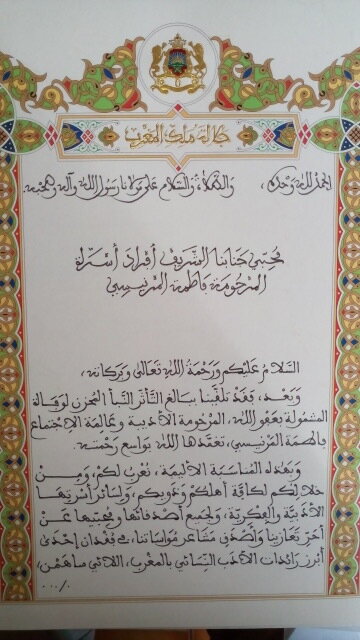
Condolence letter from Mohammed VI, King of Morocco

Photo © Ruth Viktoria Ward

1 of 4 postcards summarizing Fatema's Erasmus Prize Speech, 2004.

Photo © Ruth Viktoria Ward

Photo © Ruth Viktoria Ward
The World of Berber Dream Carpets
In the summer of 2005, Fatema Mernissi and Najia Boudali, a geology professor at the university in Casablanca, rented a jeep and driver in search of the Berber women weavers creating the magic carpets full of ancient symbols, vibrant colors, and bold designs that were so high in demand by collectors all over the world. They spent several days in villages around Taznakht, following desert roads and driving up mountain paths. Some of the weavers were old friends Fatema had interviewed more than twenty years earlier. Their children had grown and a few of the daughters and granddaughters had joined their mothers weaving carpets. The houses were the same, but now they all had satellite dishes and cell phones and there was a cyber café in the center of Taznakht. The women weavers were connected to the world and some of their carpets were on websites international buyers had established, and the rug merchants from Marrakech and other parts of Morocco still came regularly to the weekly souk in Taznakht to buy what the local dealers did not take for their tourist shops. Fatema’s and Najia’s dream project was to save some of the best and oldest carpets in a series of family museums. There visitors could see wonderful old carpets on the walls and also choose directly from the weavers’ family those on sale. Much of the profit would stay in the families. It was the latest grassroots project of the “Caravane Civique”. Fatema and Najia Boudali were part of the driving force of this little known group of active intellectuals advancing civil society at home and reducing the flow of migrants looking for work in Europe. Fatema was looking beyond the immediate project of family museums, websites, exhibits abroad and profit for the weavers’ families: she was searching for connections and links to the ancient symbols and patterns embedded in the unconscious of the artist weavers and the attraction of their carpets to the sophisticated collectors in the big cities around the globe. Fatema’s unique interview talents and her rapport with the weavers and their families made the often shy women into true collaborators when proudly posing with their carpets in front of the digital camera.
All photos following © Ruth Viktoria Ward








